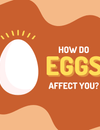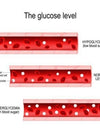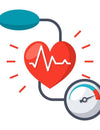No products in the cart.
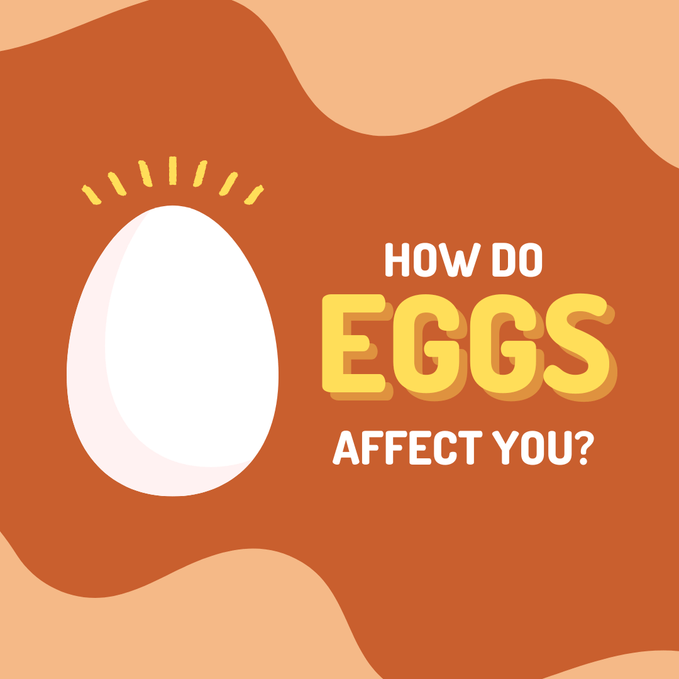
How Do Eggs Affect You?
Posted by: Didrik Sopler, Ph.D., L.Ac.
This study explored how eating eggs affects the risk of death in people with pre-existing heart disease or stroke.
Read more
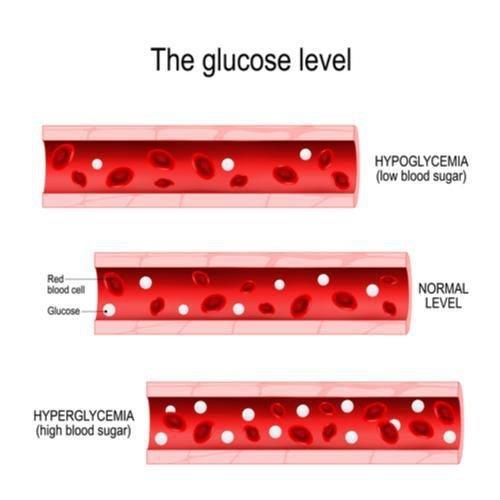
When is it easier for your body to transfer blood glucose from a meal into your cells?
Posted by: Didrik Sopler
We know it’s better to avoid high blood glucose levels since that can cause tissue damage. Several things can affect blood glucose levels, one important factor is the type of food we eat. It’s logical that the food we eat will have an impact on our blood glucose...
Read more
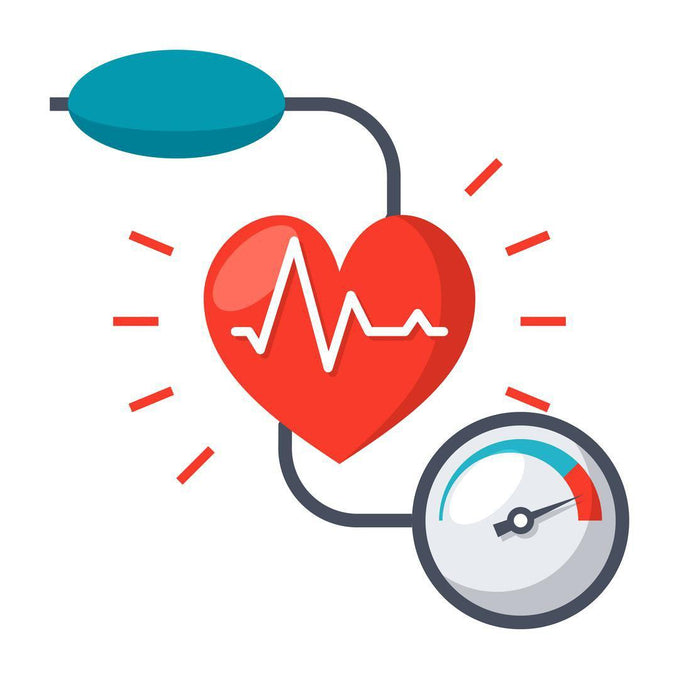
How to reduce your blood pressure by eating earlier
Posted by: Didrik Sopler
Maybe you find it surprising that you can reduce your blood pressure just by changing the timeyou eat. You can however not only reduce your blood pressure by doing that, but quite a fewother things have been shown to improve as well.This research was based on the results of...
Read more
What factors are playing a role in Alzheimer’s, cognitive decline and cardiovascular disease?
Posted by: Didrik Sopler
Alongside oxidative stress and inflammation, altered cholesterol metabolism and hypercholesterolemia also significantly contribute to neuronal damage and to the progression of Alzheimer’s disease (Gamba P, et.al., 2015). Levels of oxysterols derived from cholesterol oxidation and inflammatory mediators have been found to be increased in the brains of Alzheimer’s patients (Testa...
Read more
You can slow down your resting heart rate without exercising
Posted by: Didrik Sopler
It’s a well established fact that the better physically fit you are, the lower resting heart rate you will have. Exercise provide numerous benefits and this is one of them. A lower resting heart rate has been documented to lower the risk of death, so I really recommend you to...
Read more
Does intermittent fasting make you tired?
Posted by: Didrik Sopler
Maybe you think intermittent fasting will make you tired and you will not be able to do much. That may be a logical expectation since we need food to produce energy, or do we? No, not really, we don’t need food to produce energy when we do intermittent fasting because...
Read more
What intermittent fasting can do for you.
Posted by: Didrik Sopler
Fasting for several days is not very appealing to most people and may not even be desirable, as it can produce some unwanted side effects in addition to benefits. Intermittent fasting however is not that difficult and can be implemented several ways without any negative effects. Research on alternate day...
Read more
Small change makes a big difference for weight loss and biochemistry.
Posted by: Didrik Sopler
Most of the time when we think about weight loss and improving the biochemistry, we think about eating less and maybe what kind of food to eat. What about the timing of food? Does it matter what time of the day you eat, and when you eat the most calories?...
Read more
Food that improves insulin sensitivity.
Posted by: Didrik Sopler
You can effectively improve your insulin sensitivity just by avoiding some few things. Last week I covered how saturated fat from animal sources may decrease insulin sensitivity. We need fat. What will happen if we instead ate mono and polyunsaturated fat? That’s the type of fat we get from nuts,...
Read more
Is fat good or bad?
Posted by: Didrik Sopler
Until recently the belief was that fat, especially saturated fat, increased cholesterol and increased cardiovascular risk, but that is now being questioned. Even saturated fat from animal sources is now promoted by some as a healthy way to eat. Fat is certainly necessary for production of hormones, the cell membranes...
Read more
Your gastrointestinal bacterias may influence your blood sugar.
Posted by: tissuerecovery Admin
Tomatoes Influence Breast Cancer Risk
Posted by: Didrik Sopler
You have probably heard that tomatoes are good for your eyes because of an antioxidant called lycopene. Did you know that tomatoes can make a difference with breast cancer risk? The reviewed research investigated just that (Llanos AA, et al. 2014). 70 postmenopausal women at increased risk for breast cancer...
Read more
Showing: 1 -16 of 16



